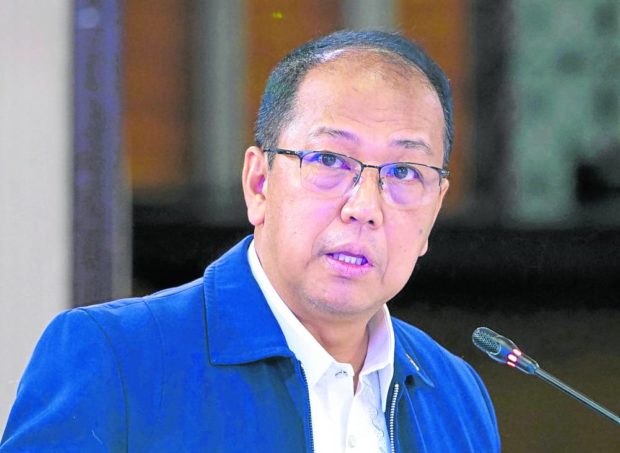CAGAYAN DE ORO CITY – Presidential peace adviser Carlito Galvez Jr. is pushing for the grant of amnesty for Moro and communist rebels as a key cornerstone of the call for national unity of President Ferdinand “Bongbong” Marcos Jr.
Galvez said this push for amnesty through the organization of the National Amnesty Commission (NAC) takes off from the legacy of the late former President Fidel V. Ramos who, during his time in office, aggressively pursued peace with various rebel groups, including soldiers who participated in the numerous attempts to topple the administration of then President Corazon Aquino.
“Under the Marcos administration’s banner of national unity, we seek inspiration from the legacy of peace that has been left behind by FVR. We will honor his memory by continuing what he had started,” said Galvez.
Galvez, himself, was a beneficiary of Ramos’ amnesty proclamation for rebel soldiers in 1996, having participated in the 1989 coup.
“I will forever be grateful to FVR because he gave me and my fellow officers a second chance in life. It was through that amnesty proclamation that I was able to revive my military service,” recalled Galvez, who eventually rose to become chief of staff of the country’s armed forces.
“With the creation of the NAC, we hope to provide former rebels with an opportunity to fully reintegrate themselves into mainstream society as peaceful, productive, and law-abiding individuals,” Galvez said.
“More importantly, the national government would like to send a clear and strong message that through the granting of amnesty, it is determined to address the roots of the armed conflict in the country and provide a better life for the former combatants,” he added.
The seven-member NAC was created by former President Rodrigo Duterte through Executive Order No. 125 issued in February 2021.
Duterte also issued Presidential Proclamation Nos. 1090, 1091, 1092, and 1093 which grants amnesty to members of the Moro Islamic Liberation Front (MILF), Moro National Liberation Front (MNLF), Rebolusyonaryong Partido ng Manggagawa ng Pilipinas/Revolutionary Proletarian Army/Alex Boncayao Brigade-Tabara Paduano Group now known as Kapatiran, and the Communist Party of the Philippines–New People’s Army–National Democratic Front (CPP-NPA-NDF), respectively, who committed crimes during the course of their armed struggle against the state.
The House of Representatives concurred with the proclamations but the Senate withheld concurrence on the grant of amnesty for communist rebels.
FVR legacy
“What made former President Ramos remarkable as a leader was his invaluable contribution to the comprehensive Philippine peace process. Even though he was a military man, peace was an integral part of his DNA,” Galvez said.
Ramos, according to Galvez, will always be remembered for jumpstarting the peace processes with the various rebel groups in the country “because he believed that genuine peace can only be achieved through open and honest dialogue.”
Ramos launched a national peace consultation spearheaded by the National Unification Commission that eventually crafted the “Six Paths to Peace” policy that has guided peacemaking efforts with rebels.
It was during his presidency that the anti-subversion law—-which criminalized membership with the CPP—-was repealed.
Early in Ramos’ term, the Hague Joint Declaration was signed in August 1992 between the government and the NDF, providing a framework for peace negotiations with the communist rebels.
Before bowing out of office, the Comprehensive Agreement on Human Rights and International Humanitarian Law—-the first of four substantive issues to be resolved—-was signed by the parties in March 1998.
Also during Ramos’ watch, a peace deal with the MNLF was inked in September 1996, and a ceasefire accord with the MILF forged.
That ceasefire agreement in January 1997 would help create an atmosphere of goodwill among the parties that led to the Comprehensive Agreement on the Bangsamoro in 2014.


